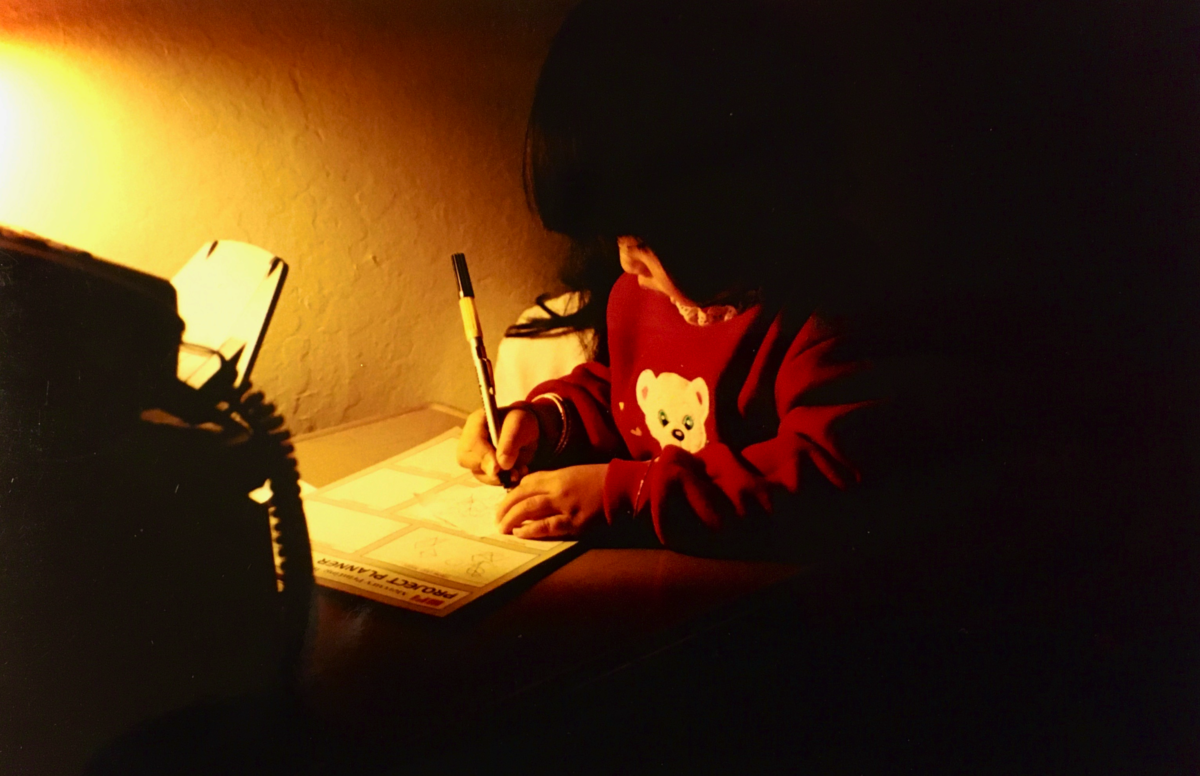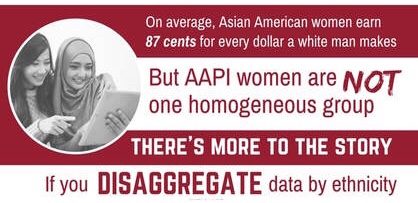Unsent Letters is a new limited-run series at Reappropriate. Writers are invited to contribute a letter, poem, or other work that reflects on their relationship to a powerful figure who embodies or challenges them to (re)define Asian (diasporic) feminism. If you would like to contribute your own Letter, please submit here.
By Guest Contributor: Victoria M. Huỳnh
This letter is adapted from personal diary entries written while the author traveled to Cambodia for the first time last summer.
Dear Ah Ma,
Our family does not cry often. Today, they do. Mom and auntie hold your quaking body and tell you that you can go, “a ma muai lieu oh. my gek siem. Yuan liang oh ah um.” (Mom, you finished everything. Don’t strain your heart anymore. Forgive, Mom.) Why do they speak to you, if you cannot hear us anymore?
I trace your heartbeat on the heart rate monitor to remember your heart still beats, but it does not tell me you are alive. Can your heart receive us, even if our words cannot reach you?
My words are stuck in this silence. They become my unspokens:
Ah ma, ah buoi oo gek siem. Buoi tha m thie, ah ma. (Grandma, ah Buoi (author) has “strained heart.” Su Buoi cannot speak. Ah Ma.)
I cannot speak, Ah Ma. I do not know how. They took away the languages our people’s tongues knew, to take us away.
Ah ma, jia bue? Ah ma muoi mi gai? Tai diang si ha? Ah ma ai ku ka buoi boh? (Grandma, have you eaten? Grandma, what are you doing now? Watching TV? Grandma, do you want to go with me?)
And now, the oceans you fled guide you away. They took you before my words knew how to reach you.
I say, “not yet”. Not yet, not yet. You were supposed to see me walk across with my diploma—the one you gave me. Not yet, you were supposed to go to Cambodia so I could find you on your motherland’s soil. Not yet, I have these words left for you.
Ah ma, can you hear me? Duimjuu (对不起), I have not spoken to you in too long.
I am wandering in Wat Damnak, and I watch the romduol.
When this flower fell, it became severed from its tree, its roots. The more I keep it, the browner its edges get. The more the color leaves its petals. Is that what I am like?
There are so many petals here, so many fallen romduol– but so many butterflies too. Some approach me, and I wonder where they go next. Mom said that when you fled Kampuchea, and Grandpa passed away, Grandpa became a butterfly and followed you til safety. I wonder if you too, will find me then, even as a severed flower. Even fallen flowers that brown when they are away from home too long, that decay when alone for too much time…
Ah ma, It’s been over a month and a half. I left Kampuchea—and in many ways, I thought I would have left you too. I thought I would’ve left and let go of what I could not tell you. But instead, I’m holding on.
I was told by the elders, “Don’t try to understand everything at once… just let it go.”
But I am enraged, and I cannot let it leave me. My rage remembers that our family has always been loud. That even when we kneel with our lips sewn together in the face of our oppressors, we were still speaking in all of our other ways. There was all that you could not say, but still all that I could hear you say through your cracked hands, your fierce grip, your donut shop and one-woman run household that made up your survival was always louder. The unspokens told me you survived genocide, only to survive again in a place that gave you nothing and spoke over you, even when it insisted it saved you. The white patriarchal imperial state draws borders across our communities’ bodies at its whim, exploits and maligns the ferocity of our women for something they do not understand — because they never could. To invisibilize us, they call our resistance “silent”. But our family did not have to tell me everything for me to know what you mean to say. I look to you and I know: this was your second death. You’ve always been speaking resistance even before we had language to name it, just as I have been, just as this letter tries to do.
There was all that you could not say, but still all that I could hear you say through your cracked hands, your fierce grip, your donut shop and one-woman run household that made up your survival was always louder.
I am a daughter of your motherland(s), not by birthright — because that was an idea imposed on us by a colonial nation-state system, anyways — but by bloodshed. I am a daughter of this motherland, but when I look(ed) to you and I want(ed) to speak, even now, I cannot. My tongue does not know Khmer or Teochew like yours does, but it doesn’t quite settle with English either. This letter in itself — a displaced diaspora’s search for her own people’s voices stuck underneath layers of oppression — is evidence of colonialism’s persistence.
But this letter in itself is not silent.
For here I’ve learned to speak in another way, Ah Ma, so that one day, even as you reincarnate and embody lineages beyond this one, you will hear me. Because we have been speaking.
Su Buoi, 黄素梅, Huỳnh Tố Mai
Victoria M. Huỳnh is a Khmer-Viet-Teochew anti-imperialist Asian feminist, learning to speak and write her resistance.
Learn more about Reappropriate’s guest writing program and submit your work here.


